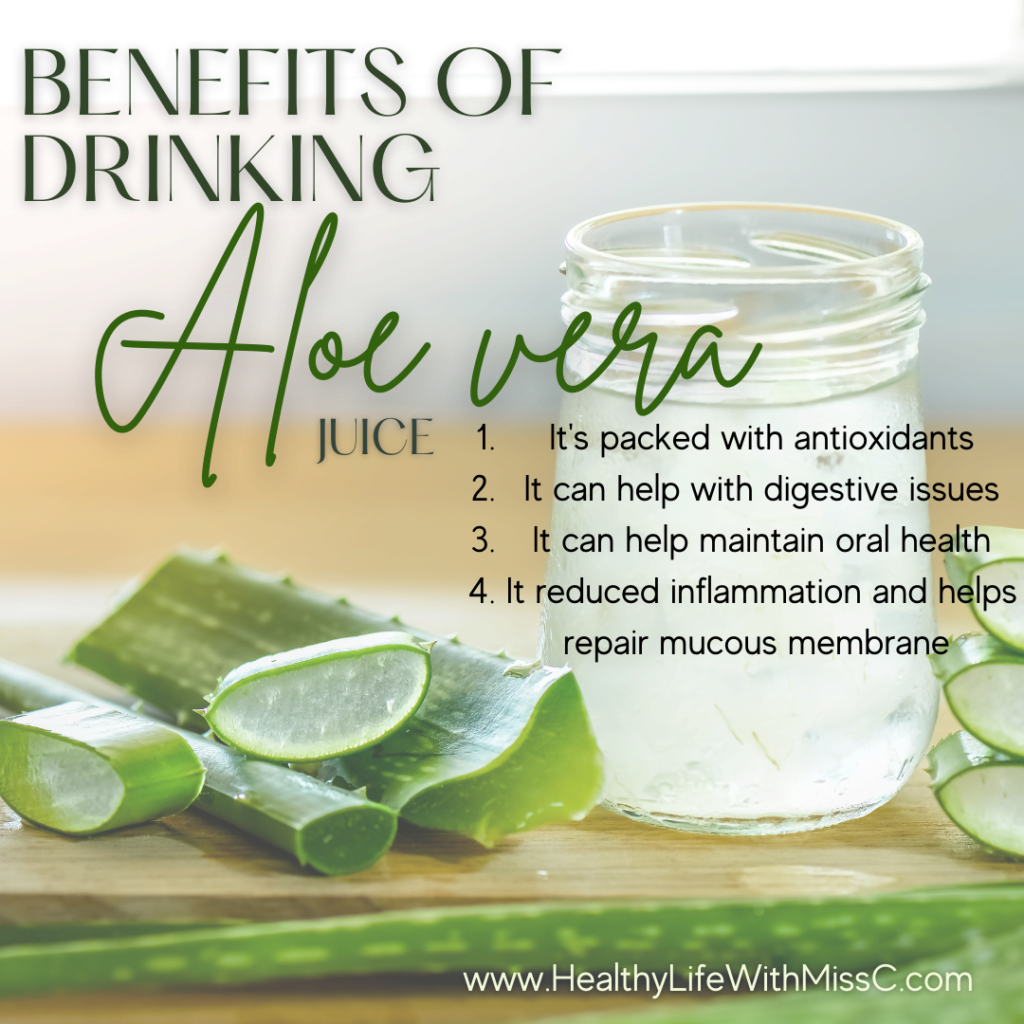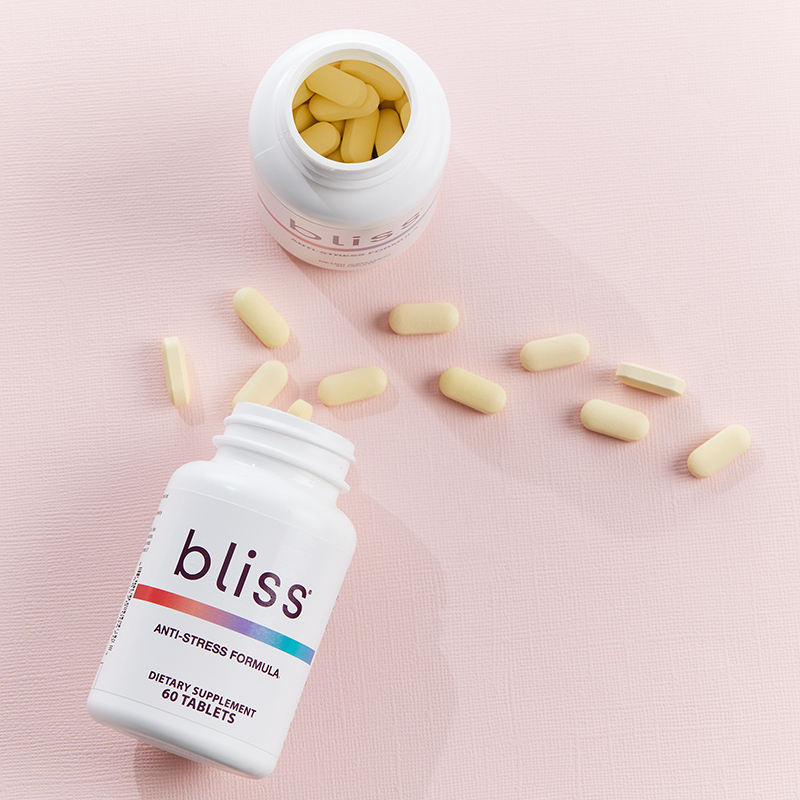Your Health, Your Gut, and Stress

Your Health, Your Gut, and Stress
We feel with our gut. Think about it. Have you ever had a “gut feeling” about something? Does excitement sometimes feel like “butterflies” in your stomach? Or maybe bad news feels like “a punch in the gut.” We all know someone who feels nauseated or gets diarrhea when they’re nervous or stressed out don’t we? That person might even be you.
So why does this happen?
In a nutshell, the gut and brain are connected and the gut is susceptible to the negative effects of stress. However, there are ways to manage your stress, boost your gut health, and increase your overall well-being.
So let’s look at this a little closer. Stress can adversely affect all systems of the body, and the gut, aka the gastrointestinal tract, is no exception. The American Psychological Association explains it like this, “Stress is associated with changes in gut bacteria which in turn can influence mood. Thus, the gut’s nerves and bacteria strongly influence the brain and vice versa.”
But it gets even more interesting. If I told you that you have a “second brain” would you believe me? No, not in your skull of course, but in your digestive tract. There’s even a name for it, the Enteric Nervous System (ENS). This sophisticated network of neurons and neurotransmitters is integrated throughout the gut and is in regular communication with our brains.
So what happens to the gut when we’re stressed out? Maybe you're someone who loses their appetite when upset about something. Or maybe you have the opposite reaction. You might describe yourself as a “stress eater”, “emotional eater", or someone who “eats their feelings.” The point is stress can affect our digestive systems in many ways.
Short-term stress can affect you in the ways I mentioned above. But longer-term stress can lead to greater problems like constipation, diarrhea, or indigestion. Chronic stress can lead to even more serious issues like irritable bowel syndrome and other GI disorders.
Fortunately, methods such as exercise, deep breathing, yoga, meditation, and psychotherapy are all very effective in stress management. Additionally, stress is manageable with dietary choices.
According to the Everyday Health article How Stress Affects Digestion by Dr. Chris Iliades, “… there are certain foods that have been shown to reduce anxiety. Salmon contains omega-3 fatty acids, which are natural mood boosters. Almonds are chock full of magnesium, a mineral that helps manage cortisol levels, and oranges and other citrus fruits contain vitamin C, which can lower blood pressure, according to research published in January 2017 in the Journal Scientific Reports.”
So now that we know a bit more about diet and stress management, let’s look at how we can bolster our gut health. In my previous post, I covered B vitamins, Probiotics, and a diet high in nutrient-rich vegetables. In this post, I’d like to introduce you to my secret weapon in the war against poor gut health. Can you guess what it is? Here are a few hints. It’s a plant, it grows wild in hot climates, and you might even have one growing in your house. If you guessed aloe vera, you’d be right!
BENEFITS OF DRINKING Aloe vera JUICE

People have been drinking aloe vera juice for thousands of years. That's because not only is it refreshing and hydrating, it has multiple health benefits as well. Here are just a few:
-
It’s packed with antioxidants
Aloe vera has anti-inflammatory properties thanks to polyphenols which are antioxidant-rich plant compounds. These compounds help protect the body from free radical damage, which can increase the risk of heart disease and some cancers.
-
It can help with digestive issues
Aloe vera contains plant compounds that have laxative effects, which could help treat constipation.
-
It can help maintain oral health
Studies have shown that aloe vera mouthwash reduced pain and inflammation associated with submucous fibrosis (a chronic condition causing pain and inflammation in the mouth) and oral mucositis (a common side effect of chemotherapy and radiation treatments.)
-
It also reduces inflammation and helps repair the mucous membrane
My aloe vera juice of choice is Ultimate Aloe™.
It comes in four flavours — the strawberry kiwi happens to be my favourite — and contains over 200 nutrients, enzymes, vitamins and minerals, including 13 of the 17 essential minerals needed for good nutrition.
I always have a bottle in my refrigerator, and I use it year-round for its digestive benefits, mainly because it keeps me regular.
Another benefit of aloe vera juice is that it can help improve blood sugar levels. This is important to me, given that diabetes runs in my family.
One additional supplement I would like to recommend is our Bliss® Anti-Stress Formula. It helps to maintain healthy levels of serotonin and dopamine. Two important neurotransmitters that help in managing mood and overall feelings of wellness.
Now that we’ve examined the link between stress and gut health I’ll end with this. We all have varying levels of stress in our lives. However, I’ve found that through implementing some of the stress management methods mentioned above, plus maintaining a balanced diet combined with the right supplements, I’ve managed to keep my stress levels manageable and increase my quality of life.
If you have any questions or thoughts on what I’ve shared I encourage you to reach out. You can leave me a comment or send an email to [email protected].
You can also learn more about the supplements I mentioned here. I invite you to become a Preferred Customer. It’s free to do so.
If you wish to be added to our mailing list for upcoming free Health and Wellness events, please email me at [email protected]. Each week is packed with nuggets of information to educate and inform you about living a healthy lifestyle in today’s world.
To learn more about my detox and wellness program you can contact me at [email protected] for a free consultation.
Cheers to Healthy Living,
Miss C



